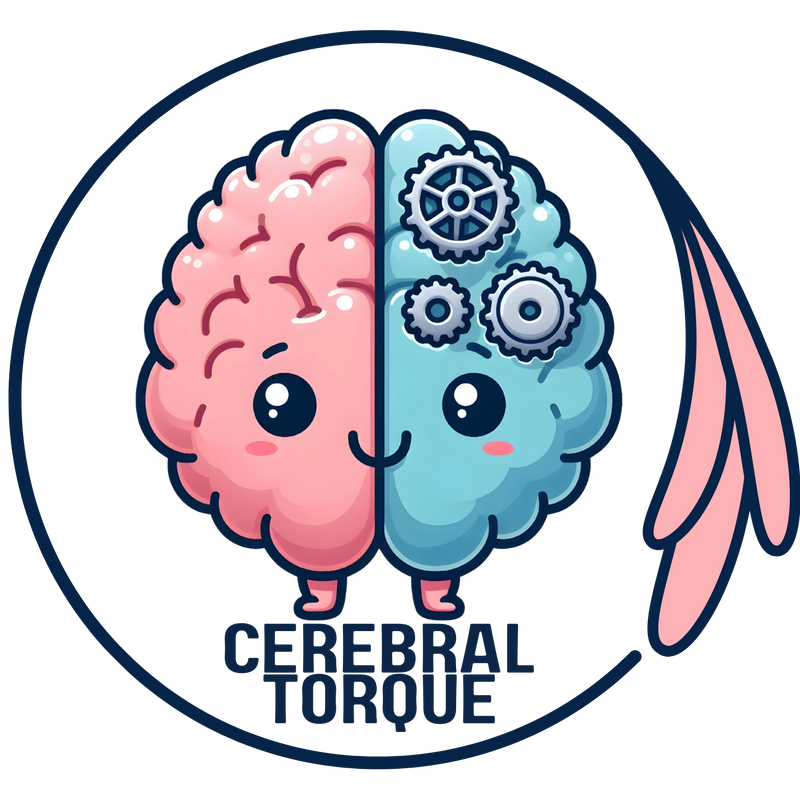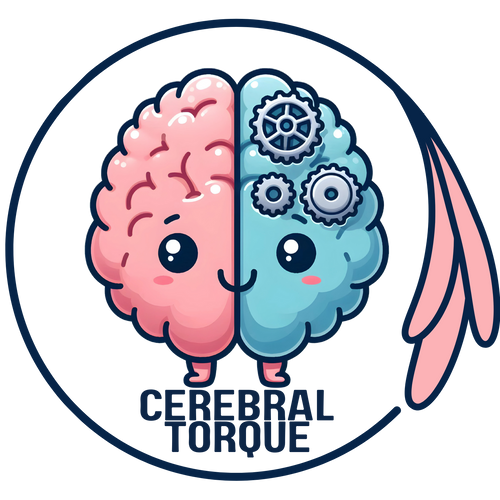A quick summary of what we currently know about PACAP in terms of migraine treatment
Posted on November 26 2023,
PACAP in Migraine Treatment
Let's summarize the latest we know about neuropeptide pituitary adenylate cyclase-activating polypeptide (PACAP).
If you are new migraine research in general, you may not have heard of it, but it does play a significant role in migraine pathophysiology. Think of it the same way you would CGRP. PACAP sensitizes trigeminal neurons, promotes neuroinflammation, and dilates cranial arteries. There is a lot of theoretical promise in modulating this neuropeptide the same way we do CGRP in order to create new migraine treatments.
PACAP's Role During Migraine Attacks
During a migraine attack, we can detect elevated serum PACAP levels compared to patients without migraine. Furthermore, intravenous PACAP administration has been shown to trigger migraine-like episodes in a significant portion of those without migraine.
Clinical Trial Results
PACAP monoclonal antibodies are designed to inhibit PACAP or its major PAC1 receptor (as seen in the above picture) and these medications are currently undergoing clinical trials. We learned very recently at the 2023 International Headache Congress that Phase 2 results show that the PACAP antibody drug candidate Lu AG09222 can significantly reduce monthly migraine days compared to placebo.
Key Clinical Findings
- Lu AG09222 (PACAP antibody): Showed significant efficacy in Phase 2 trials
- AMG 301 (PAC1 receptor antibody): Was ineffective for migraine prevention
- Results suggest targeting PACAP directly may be more effective than targeting its receptor
Clinical Trial References
Lu AG09222 Success:
Lundbeck presents clinical advances in migraine prevention
AMG 301 Results:
PAC1 receptor antibody study results
PACAP vs CGRP: Key Differences
Although PACAP shares vasodilatory and nociceptive functions with CGRP implicated in migraine, PACAP activate parallel neural pathways independent of CGRP.
Future Treatment Potential
Anti-PACAP medications may be especially beneficial for migraine patients that don't respond or have developed antibodies against the current anti-CGRP/CGRP-receptor mAb class of medications. It's also possible both medications may be safe to use in complement to each other. Time will tell.
- Alternative treatment for patients who don't respond to CGRP therapies
- Option for patients who develop antibodies against CGRP medications
- Potential combination therapy with CGRP inhibitors
- Treatment for patients experiencing more complex prodrome symptoms
Wed, Jan 14, 26
New Emergency Department Migraine Treatment Guidelines
The American Headache Society (AHS) has released its 2025 guideline update for the acute treatment of migraine in adults presenting to the emergency department. This update, published in Headache in...
Read MoreSun, Jan 04, 26
Long-Term Safety of Anti-CGRP Monoclonal Antibodies
A comprehensive meta-analysis of over 4,300 patients reveals that erenumab, galcanezumab, fremanezumab, and eptinezumab maintain good tolerability beyond 12 months. Only 3% of patients stopped treatment due to adverse events,...
Read MoreThu, Jan 01, 26
Alternate Nostril Breathing Protocol for Migraine
Alternate nostril breathing is a simple yogic technique that's showing real promise for migraine prevention. Unlike acute treatments, this practice builds nervous system resilience over time - making attacks less...
Read More




